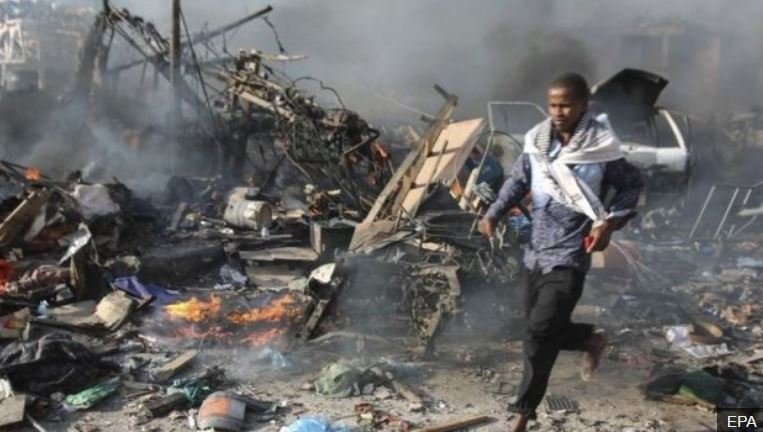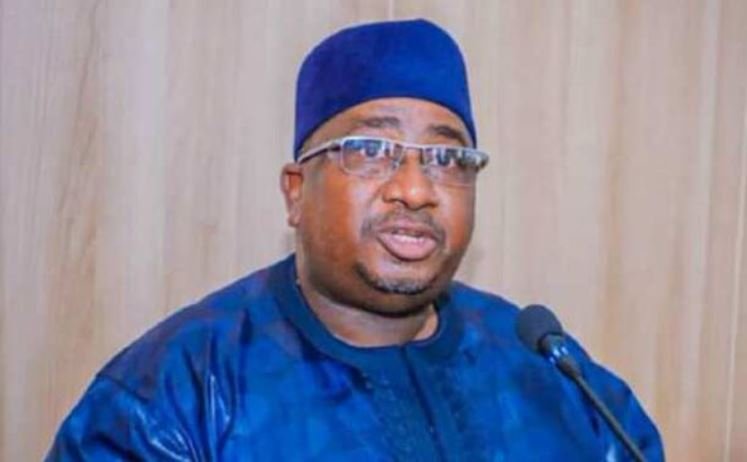Some foreign media outlets and think institutes have recognised that they were misled about Labour Party nominee Peter Obi’s prospects of winning the 2023 Presidential election.
Mr Lai Mohammed, Minister of Information and Culture, made the announcement in London after wrapping up his engagements and talks with media outlets and policy institutes.
According to media sources, the minister travelled to Washington and London to defend the legality of the just ended general elections and to redress the imbalance in the distorted narrative that had dominated the airwaves.
The minister told reporters at the Royal Institute of International Affairs, Chatham House, London, where he finished his engagements, that his trip overseas was highly successful.
“We were able to correct the reporting imbalance, and we are leaving today with a better feeling.” “The majority of the people we met agreed with us that they had been misinformed and had relied too heavily on social media hype,” he added.
According to the minister, many people were unaware of the conditions for winning the presidential election in Nigeria until he informed them.
He said that in addition to a plurality of votes, a candidate must get one-quarter of the votes cast in two-thirds of the states, which translates to 25 states, before being considered the winner.
“Many of those we met were shocked when we told them that the Labour Party received one-third of the vote in only 15 of the 36 states.”
“We also told them there is no pathway to victory for either the Peoples Democratic Party (PDP) or the Labour Party because they did not meet the requirements to be declared winner,” he added.
Mohammed also explained why the All Progressives Congress (APC) and its candidate, Sen. Bola Tinubu, had an advantage over the two other main competitors, Obi and Atiku Abubakar of the Peoples Democratic Party (PDP), despite the fact that they all won in 12 states.
“We explained to them that winning 12 states is not enough; what you scored in other states is also very important.” For example, in addition to winning 12 states, the APC finished second in 19 additional states with extremely good ratings,” he said.
According to the minister, he also advised the media and think institutes that it was impossible for any party without a national footprint and a grassroots basis to win the Presidential election.
Mohammed cited the Labour Party, which received just 315,000 votes in the whole North-East zone and 350,000 votes in the North-West because its candidate was little known and despised there.
He said that in the same North-East and North-West zones where the APC and its candidate are popular, the vote total in each zone exceeded two million.
‘Unfortunately, despite all of these data, they previously thought Obi had won the election. This was due to the incorrect mentality they had before to the polls based on the inflated actions of his social media followers.
“They also developed the wrong mindset based on skewed and very unrepresentative opinion polls, particularly those conducted by Bloomberg and widely reported by other international media.”
“However, I am living in the United States and the United Kingdom content because the wrong perceptions have been corrected and are changing,” he stated.
The minister was questioned whether INEC Chairman Prof. Yakubu Mahmoud kept his commitment made at Chatham House in January to hold free, fair, and credible elections and allow people’s votes to count.
According to Mohammed, the INEC Chairman followed through on his pledge.
He said that, contrary to popular opinion, the INEC Chairman did not guarantee to conduct elections online.
“Our current laws state that all election administration systems must be done physically and manually. There is some confusion concerning the INEC Result Viewing Centre (IREV).
“IREV is not about election collation and broadcasting. “It’s a transparency platform that ensures whatever is entered into Form EC8A is transmitted into IREV so that everyone can see it,” he said.
According to media sources, the minister spoke with foreign media outlets such as the Washington Post, Voice of America, Associated Press, and Foreign Policy Magazine while in the United States.
He has also worked for the Reuters News Agency, The Politico, an international political journal, and Zenger News, a channel whose material is published on Forbes.
Among the international think tanks he worked with were the US Institute of Peace, the Hudson Institute, The Atlantic Council, and the Wilson Institute.
He also attended the Council on Foreign Relations, a well-known think tank on African politics and foreign relations that is led by a Nigerian, Dr Ebenezer Obadare.
Mohammed spoke with The Economist, The Guardian, African Confidential, The Spectator, Times Radio, and Africa Report in London.
He also met with the Royal African Society, the Royal United Service Institute, and the Royal Institute of International Affairs, Chatham House think tanks.











